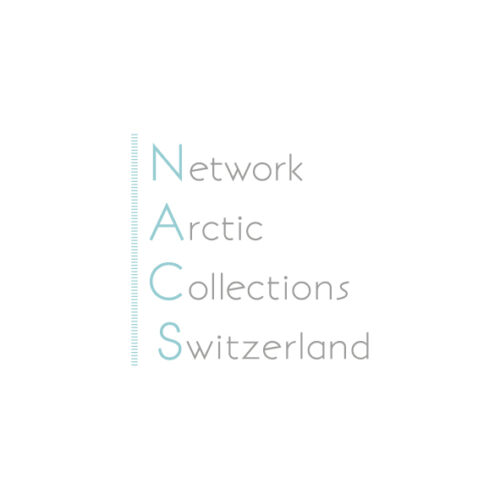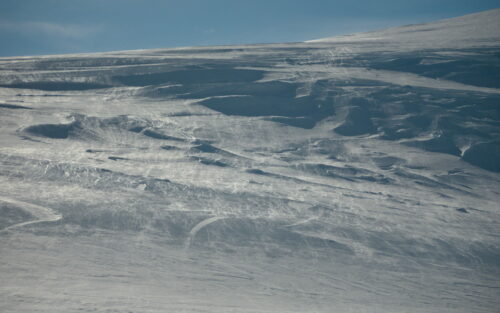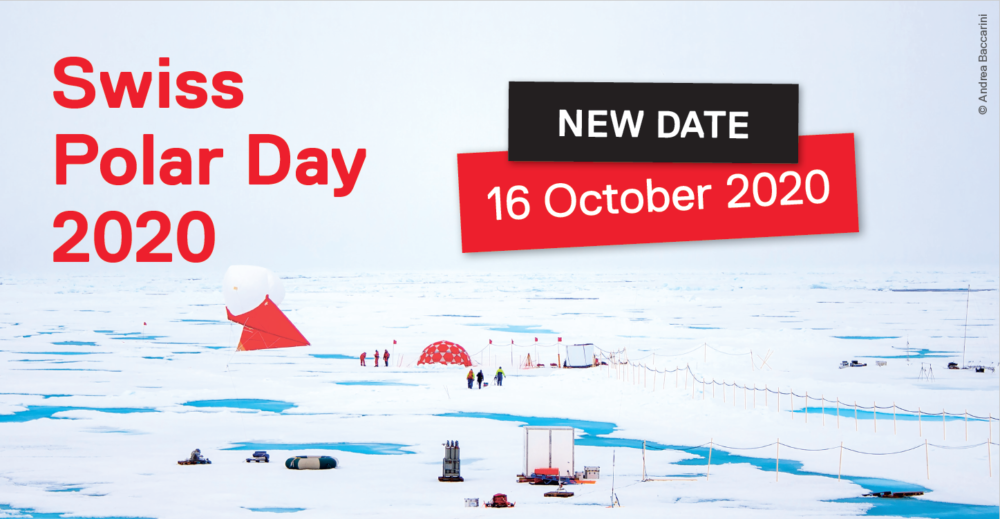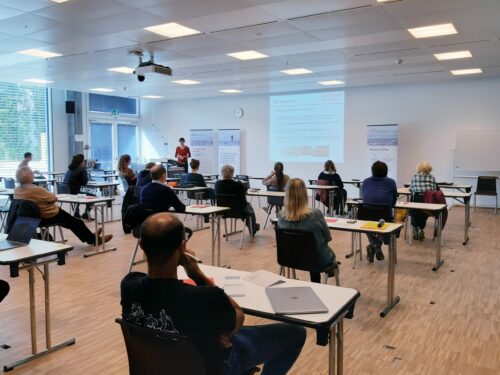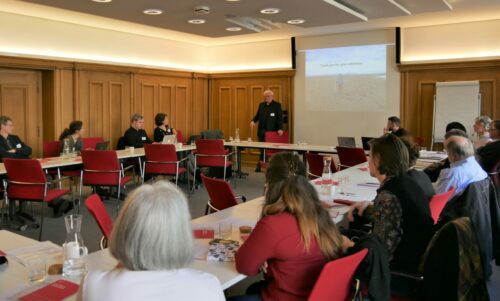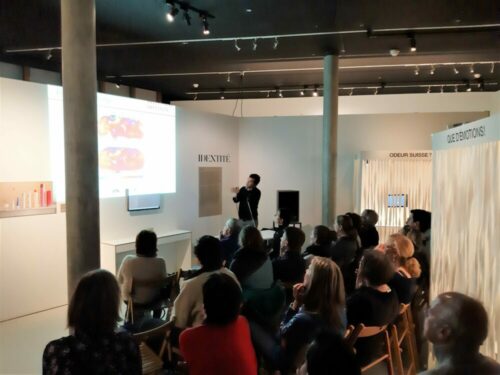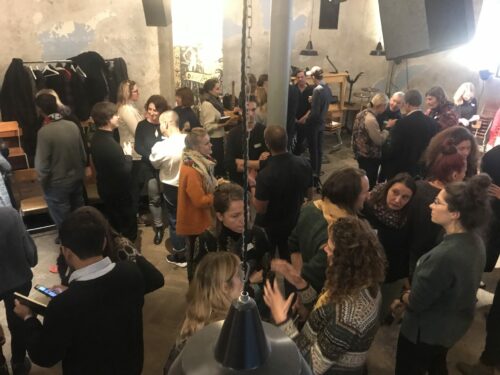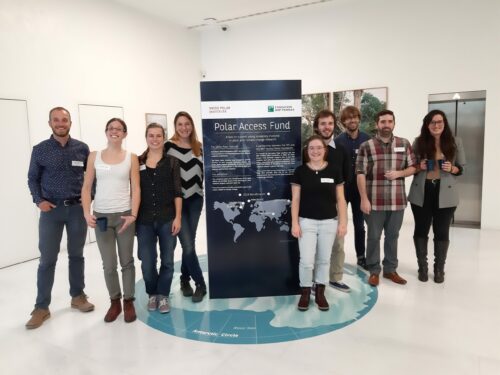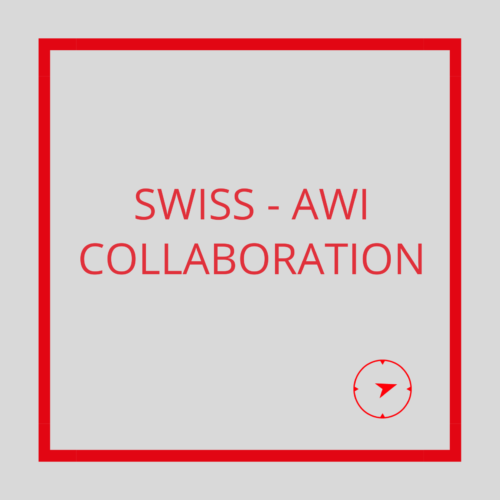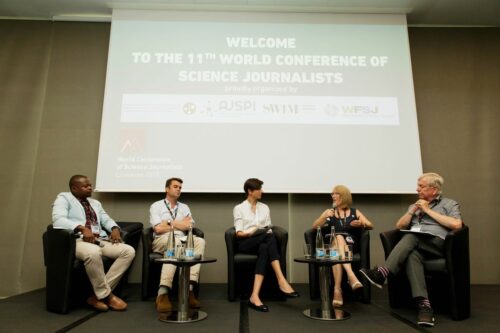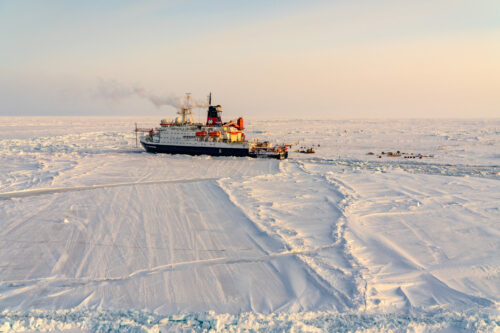
One year in the Arctic – MOSAiC polar expedition
As part of the seminar series Science after Noon: The MOSAiC expedition took place in 2019-2020 with the goal of gaining fundamental knowledge for a better understanding of global climate change. Speakers: Prof. Thomas Frölicher Head of the Ocean Modeling Group, Department of Climate and Environmental Physics, Physics Institute, University […]
